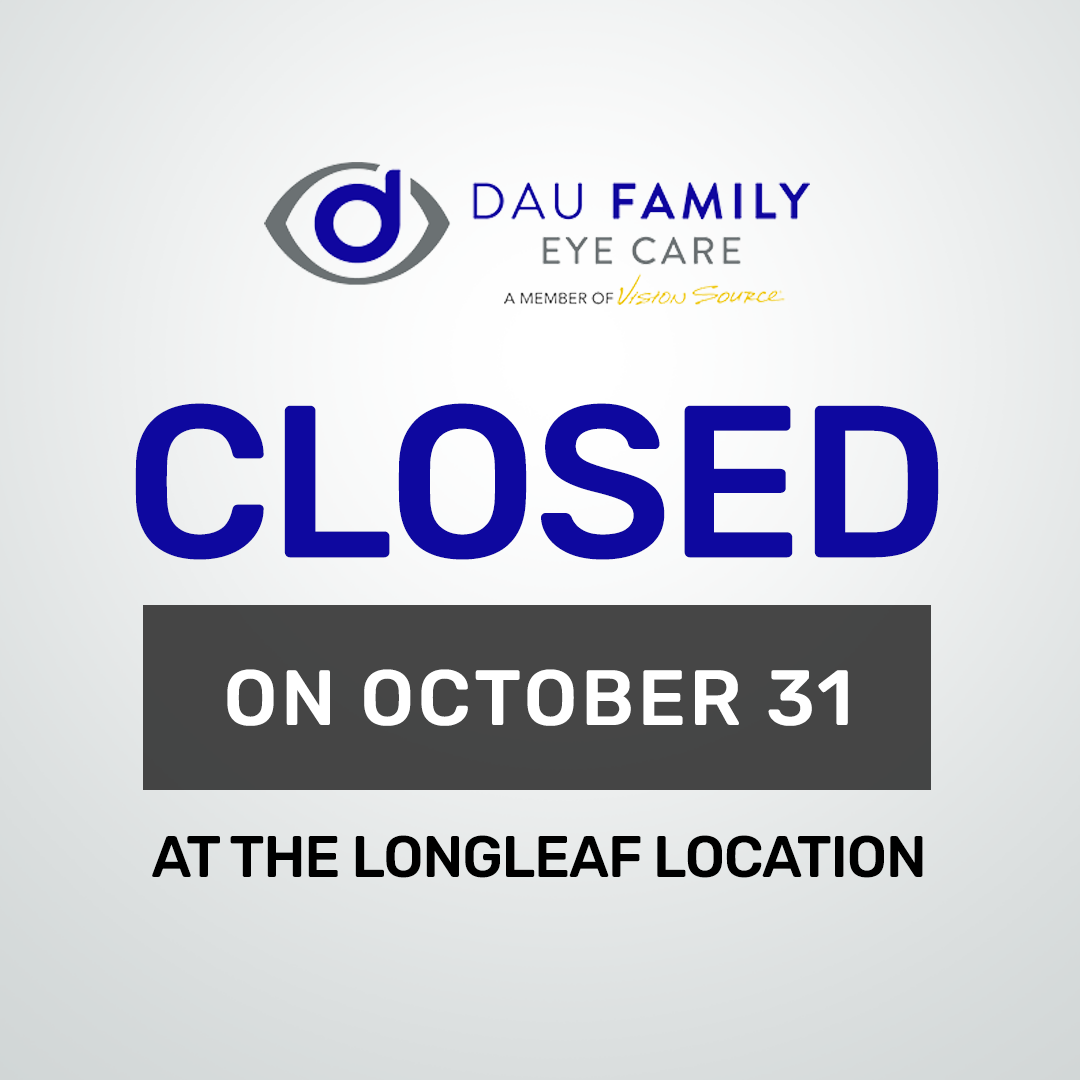
Glaucoma is a group of eye conditions that gradually damage the optic nerve, the link between our eyes and our brain. This damage is often caused by unusually high pressure in your eye. Over time, the increased pressure can erode your optic nerve's ability to transmit images to your brain. If the damage continues, glaucoma can lead to permanent vision loss.
Silent Symptoms: What You Might Not Notice
While certain forms of glaucoma may present obvious symptoms, others, like open-angle glaucoma, are more insidious. You may not notice anything unusual at first. You might lose peripheral vision gradually, but because it's not something you're likely to notice immediately, you might overlook it.
You might also experience blind spots in your visual field, especially in your peripheral vision. These are often associated with advanced stages of glaucoma. However, because we are not often aware of our peripheral vision, these blind spots can go unnoticed.
The Importance of Early Detection in Glaucoma Management
Early detection is key in managing glaucoma. The earlier it's detected, the more effectively it can be treated, and the more likely it is that vision can be preserved. Early detection involves regular eye examinations, especially for those at risk—people over 60, those with a family history of glaucoma, and individuals of African or Hispanic descent.
Once vision loss occurs due to glaucoma, it can't be regained. But with early detection and treatment, it's possible to halt or slow down the progression of the disease.
How to Detect Glaucoma Early: Tests and Examinations
There are several methods to detect glaucoma. The most common is tonometry, a test that measures the pressure inside your eye. Another is ophthalmoscopy, a test that allows your doctor to examine your optic nerve for signs of damage.
Other tests include perimetry, which tests your field of vision, and gonioscopy, which examines the angle in the eye where the iris meets the cornea. Regular eye examinations that include these tests can help detect glaucoma in its early stages.
Glaucoma Treatment Options
While there is no cure for glaucoma, there are treatments available that can slow its progression. These include eye drops, oral medications, laser treatment, or surgery. Treatment is often a matter of managing the symptoms and preventing further vision loss.
It's important to remember that everyone is different, and what works for one person may not work for another. It's essential to have a comprehensive discussion with your eye doctor about the best treatment options for you.
Take Steps to Protect Your Vision Today
Understanding glaucoma, its symptoms, and the importance of early detection can make a world of difference. Being informed about this condition can help you take proactive steps towards protecting your vision. Regular eye examinations are crucial, especially if you are at a higher risk. Remember, glaucoma might be a silent thief, but with knowledge and vigilance, you can protect your sight.
For more information on symptoms and early detection of glaucoma, visit Dau Family Eye Care at our clinic in St. John’s, Florida. Call (904) 713-2020 to schedule an appointment today.





